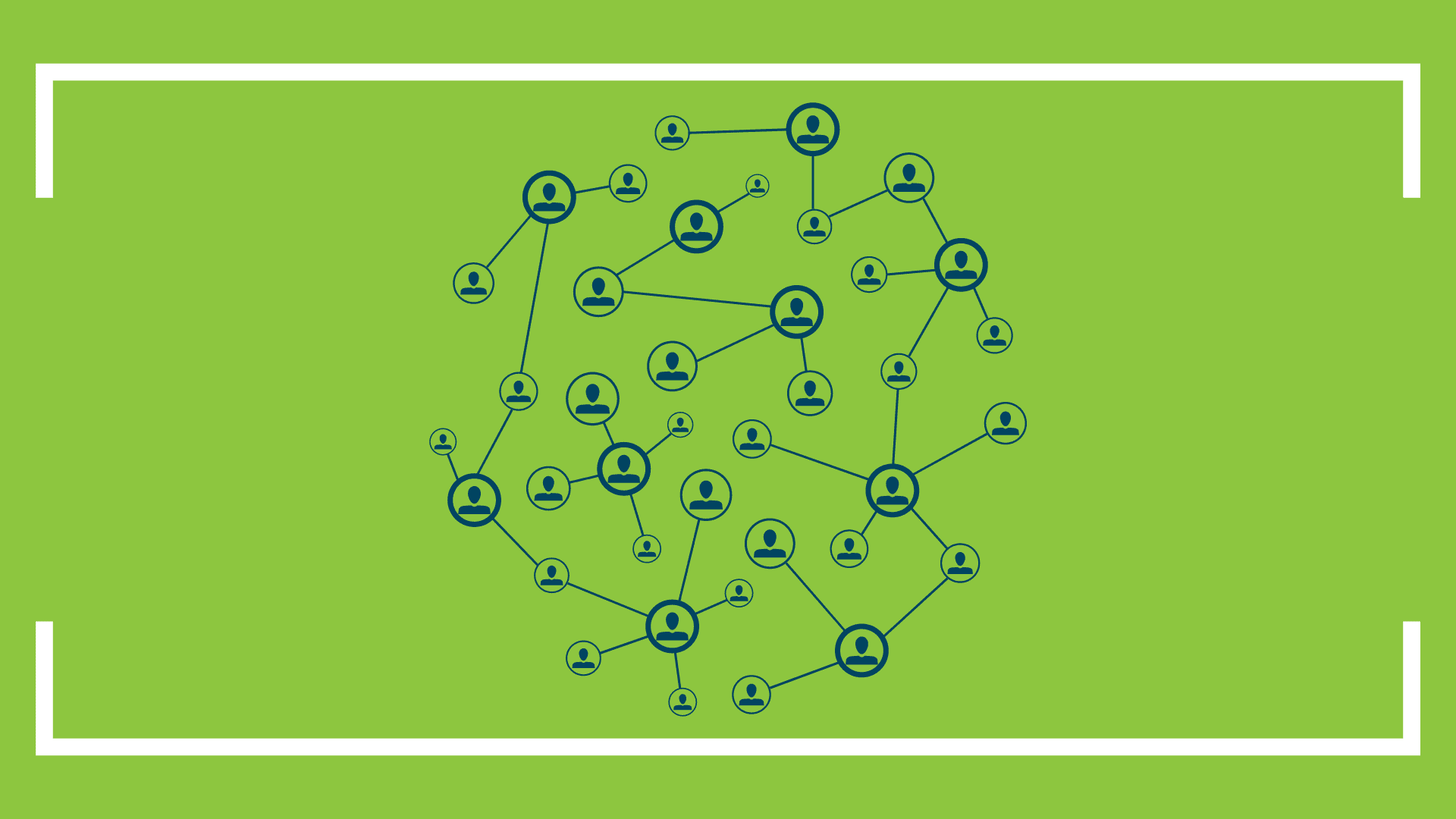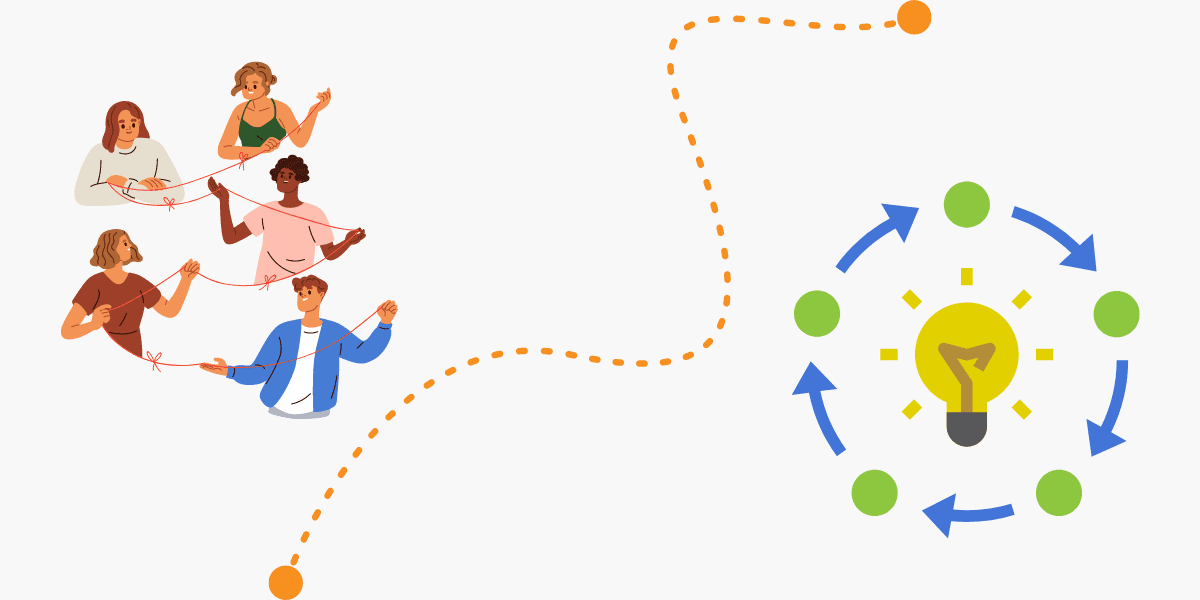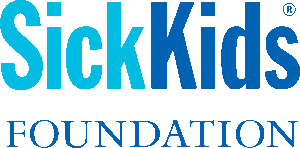
Blog
Nonprofits are leading in the era of Artificial Intelligence (AI)
This blog was contributed by Microsoft as part of an ongoing partnership with ONN.
The true potential of AI is most evident when deployed in vulnerable communities – connecting refugees with necessary services, protecting farmers from the effects of climate change, and finding the right foster families for kids in need. The ability to scale this work is more critical than ever as global challenges continue to increase, driving up the demand for nonprofit and community services.
But while nearly half (46.1%) of nonprofits in Canada reported an increase in demand for services in 2023, only 24% reported that their capacity to meet that demand had increased. Globally, nonprofits are facing a capacity crisis: Decreasing generosity, difficulties finding staff, and nonprofit workers reporting burnout. AI and digital transformation can help nonprofits adapt to these changes with tools for enhancing productivity and creativity.
Nonprofits are the changemakers and innovators of the world. Their work challenges assumptions, overcomes barriers, and innovates new approaches, making them uniquely positioned to be key stakeholders and creators of an AI-powered economy with safety, equity, inclusion, and responsible use at its core.
We often hear that nonprofits wonder how AI will impact security, organizational change, accessibility, and donor perception. But organizations can overcome the challenges of AI by keeping humans and thoughtful intention at the center of AI transformation. We work with nonprofits who face the world’s biggest challenges—sustainability, education, equity, healthcare, economic equity, and access to food and housing—while also managing (and overcoming!) their own organizational challenges. Learn how innovative nonprofits are using AI to power their missions:
Nonprofits can use AI for free with web-based tools like Microsoft Copilot to enhance their communications
Agape Source, a Florida nonprofit that serves international students, temporary workers, and refugees, began using free web-based Microsoft Copilot, the AI-powered web chat assistant and translator, to get more done, faster. In the words of Joel Ramjohn, President of Agape Source, “Copilot is a force multiplier. AI does a lot of the heavy lifting so the people we help don’t fall between the cracks.”
AI can empower more effective outreach and fundraising
Team Rubicon, a veteran-led humanitarian organization, uses Copilot in Microsoft Dynamics 365 Customer Insights to personalize outreach faster and more effectively than ever before. “The role of technology and innovation at a nonprofit is even more critical than for for-profit organizations,” says Sheng-te Yang, Vice President of Data and Technology at Team Rubicon. “These are donor dollars, and it’s our responsibility to make sure we are helping more people and making the most impact that we can with every dollar that we’re given. Technology is the way to help us get there.”
AI can make the most of constrained nonprofit time—while delivering more personal experiences
North Carolina-based sports club NC Fusion uses AI to create tailored content and journeys 75% faster. Chris Barnhart, Head of IT and Data Systems at NC Fusion, says “For families, we are able to tailor the message they receive. This means a family will only receive messages that apply to (them), and not a multitude of emails.” Summarizes Barnhart, “We are a very small team, but need to show up like a pro sports organization, so enabling me to significantly reduce the time it takes me to create emails and journeys has been a big win. For a standard email, it might have taken me about one hour before; now it takes about 10 minutes.”
Nonprofits are ready for change: 69% of nonprofit workers say [AT1] they would be comfortable with AI taking on more administrative tasks in their work. There is unprecedented potential to free up time so they can focus on more mission-critical work. That means more space to serve communities and find opportunities for improvement. By getting those organizations that are proximate to challenges we face closer to the development of the solutions we need to build, we can increase their capacity to propel their work forward with the help of AI and accelerate their ability to make the world a better place.
Find the right resources for you today: aka.ms/DigitalSkillsHub.

This blog was written by Devi Thomas, the global head of Nonprofit Community Capacity at Microsoft Philanthropies. She leads a team focused on listening, learning from and bringing together nonprofit communities.
With her background in the nonprofit sector, you will often find Devi at the intersection of technology and purpose.





